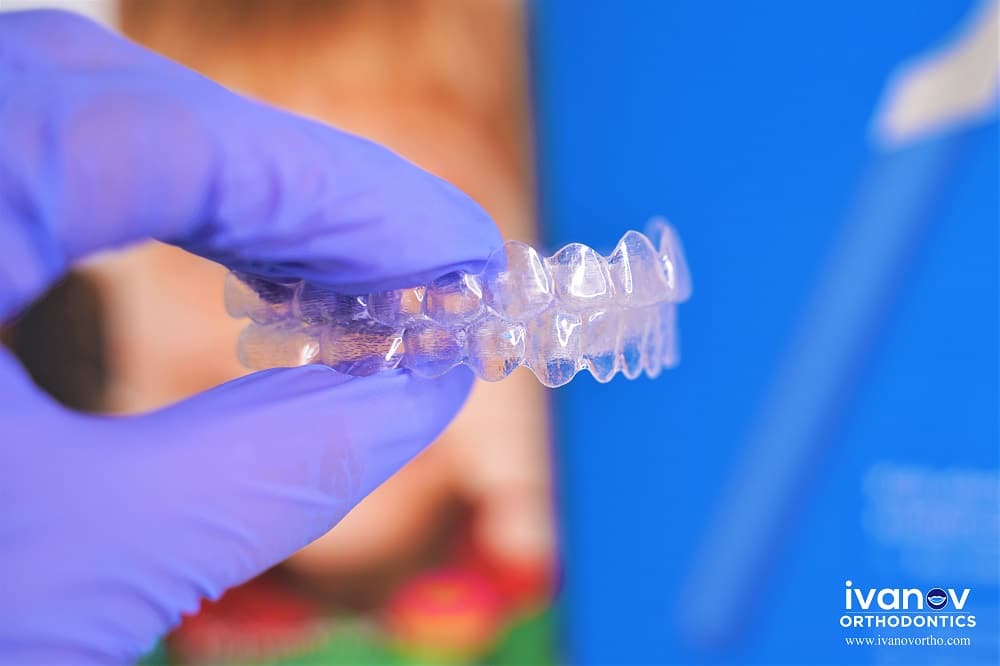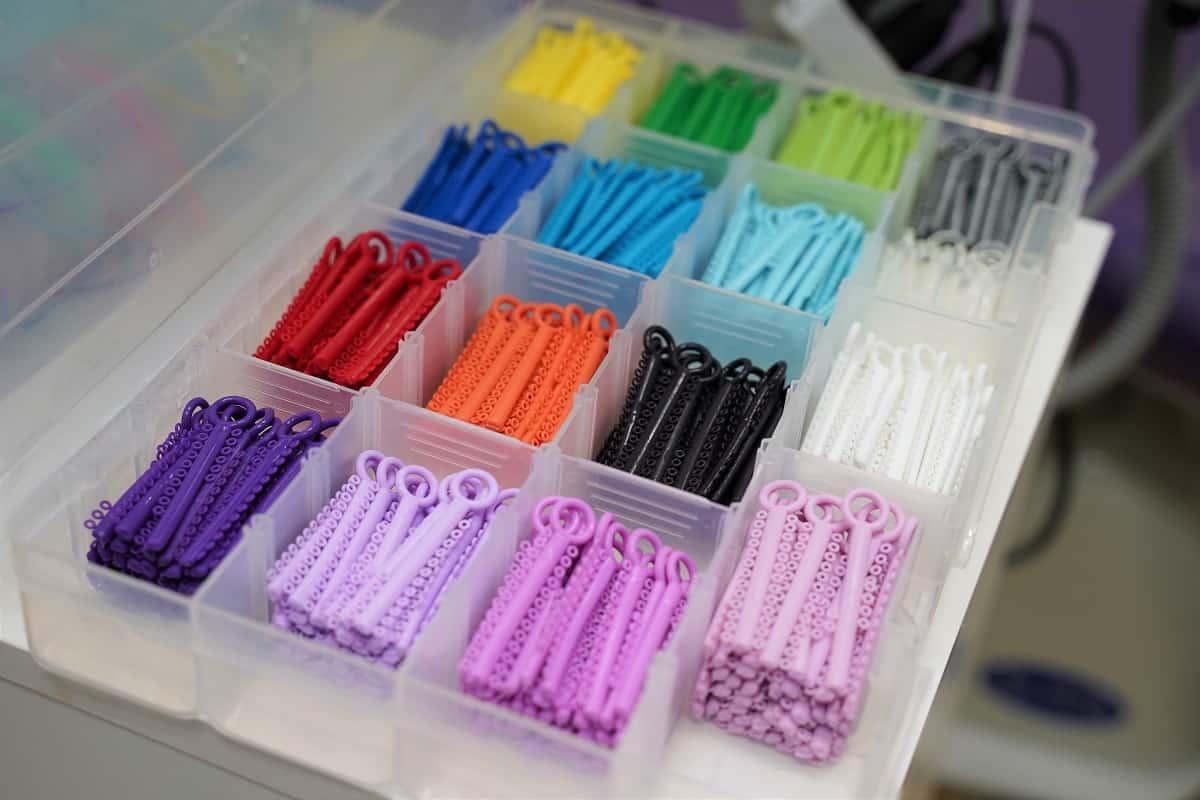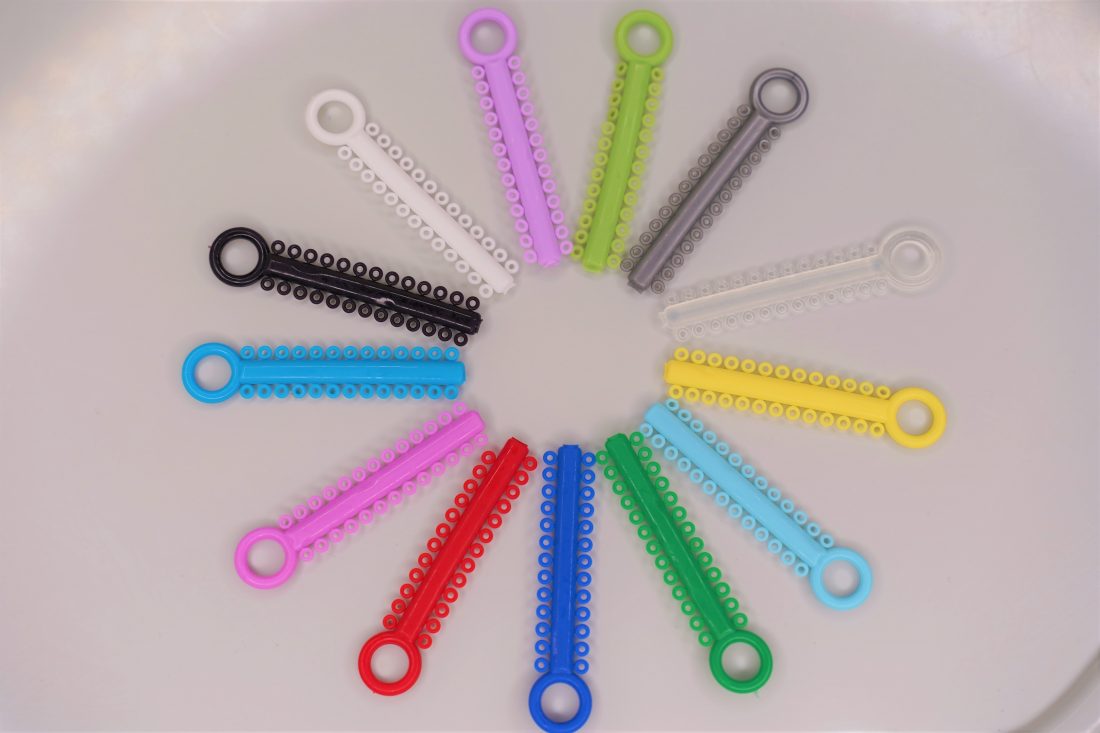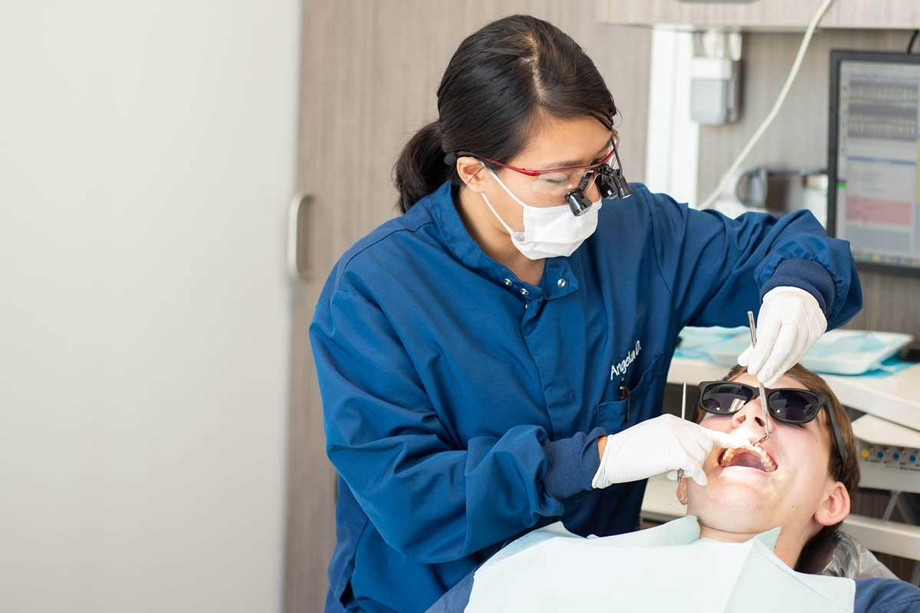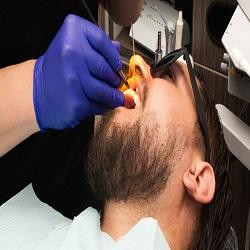If you are worried about having to get braces, think about the chance you will soon have to make them an accessory that works for you. Braces colors options can help make your time in orthodontic braces a little more fun by giving you some control over their appearance. Taking advantage of all the different color combinations will also help make your time in braces go by just a little faster.
Orthodontic braces are a cosmetic necessity for teens and adults whose teeth need corrective straightening. If crooked teeth are left untreated, the patient runs the risk of developing tooth and gum pain as well as difficulties with speech or eating. Investing in braces can permanently correct the problem in a matter of months for a lifetime of healthy, beautiful teeth.
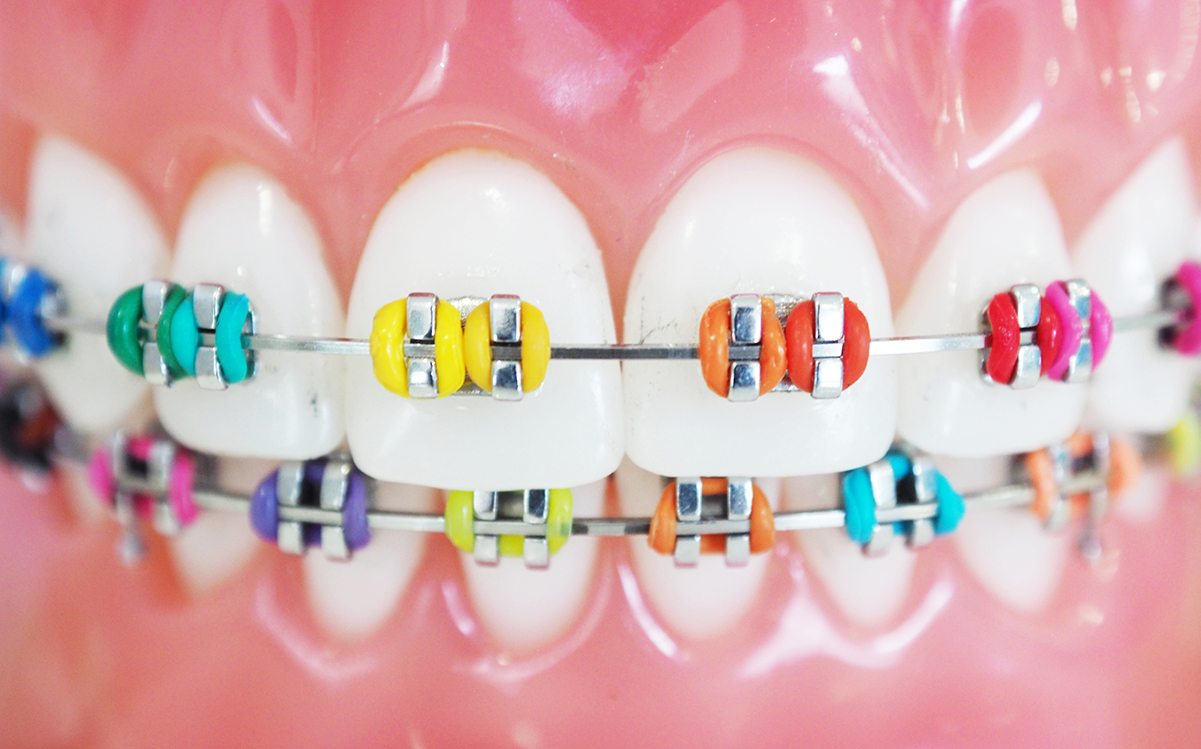
Kids and teens can choose new color combinations at every adjustment or check-up (about every one to two months). This lets patients have a little fun with their oral care by expressing their moods and personal style. Patients can opt to get special colors for special occasions such as parties, birthday celebrations, sporting events and seasons, or holidays. Be the ultimate fan and show your school spirit and team spirit at every event this year. Dark blue braces can be a great conversation starter and help kids and teens feel more comfortable during this period of transformation.
Best braces colors options are also available in clear or white for adults who prefer a more subtle look. When deciding on color rubber bands, it is important to remember that white and clear bands tend to show stains more obviously than colored ones. Silver and grey colors are probably the best good braces colors to go with if you want a subtle and low-maintenance look. These colors blend in with the color of the braces for a discreet result. However, adults may opt for the brighter colored bands as well. Choose to line your braces with just your favorite color or exercise your creativity by alternating patterns of multiple colors for a varied effect. Again, a braces color is a unique form of self-expression that allows individuals to have fun with otherwise necessary treatment.

Taking advantage of fun braces color combinations can help make the time in braces go by faster. You may even find you enjoy the fashion accessory orthodontic braces offer. At a time when your food choices will be restricted, colored rubber bands give the orthodontics patient an outlet for expression. Celebrate your transforming smile with color rubber bands that will brighten your reflection in the mirror.
You have to choose the braces color which has these some qualities and which match with your personality more accurately. You need to wear braces that fit properly on your teeth and don’t look like a stain on your teeth. Here are some tips you can use while selecting braces:
- Should correct your color teeth
- It should be complementing your skin tone
- Your favorite color should be highlighted
- Seasonable
- That you can wear on your game day
- Italicize braces
Article Source :- https://www.healthandhealthytips.com/what-does-color-tie-up-on-braces-do/





